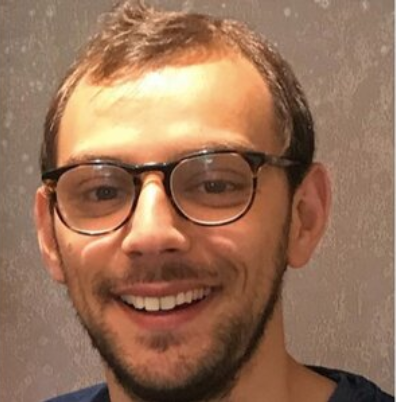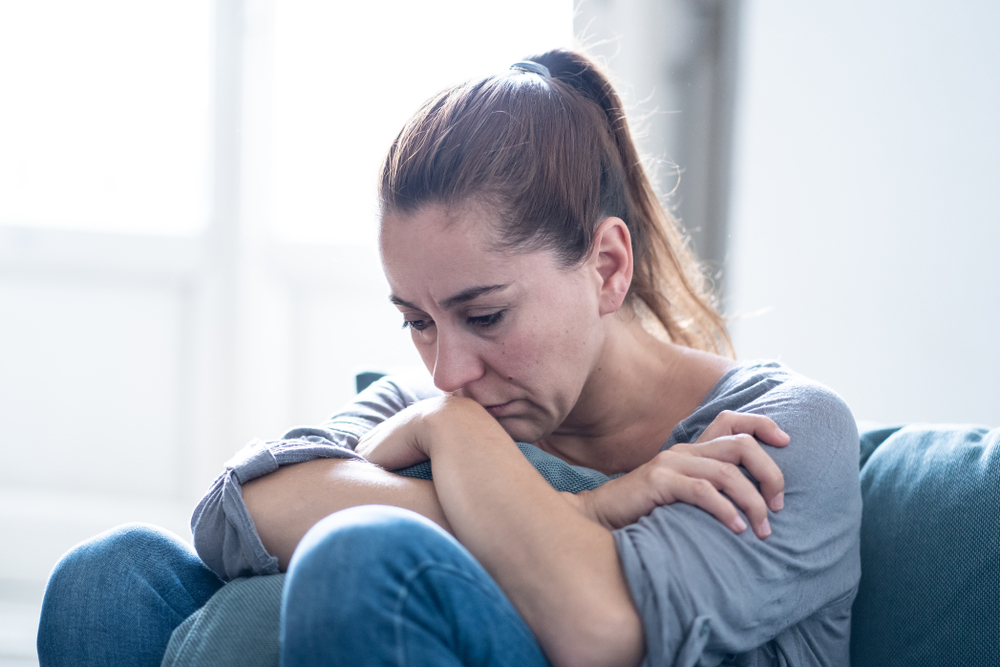Leanne Williams has a novel approach to depression treatment. Founding Director of Stanford University’s PanLab for Precision Psychiatry, Williams conducts brain scans and blood tests to determine precise symptoms of depression and then treats them differently depending on their specific condition. Treatments range from ketamine infusions and brain stimulation to conventional antidepressants. Depression is not a homogenous condition, she says, but manifests very differently in different peoples’ brains and lives. Prof Williams has developed eight different “biotypes” of the illness – ranging from negative rumination to cognitive fog – and believes we need an urgent rethink in how we treat the condition. (Our conversation has been condensed and edited for clarity.)
***
1. How did you first become interested in working on depression treatments?
I was first doing research on psychosis. It became really obvious to me how many people with psychosis had depression and that was causing them challenges with how they function socially and so on. This was around 2006 when I started and when depression was becoming more publicly known. There was a backlash against antidepressants at the time. It was obvious depression needed to be studied well to understand what was actually the disease of depression, as opposed to normal emotions. What is that spectrum and what are the treatments – and how you can understand this in terms of the brain.
2. Are we overegging the chemical explanations for depression and not giving enough attention to structural problems with how we’re living, like disconnection from nature and other people?
Depression is an illness where you need a whole new frame. Like with systemic illnesses, you have got the full spectrum – it’s very easy to dismiss the extreme end, the disease state which is absolutely debilitating as with stroke and heart attack the extreme end can be fatal. All aspects like lifestyle and choices that you make matter. We should think of depression like how we think of how to manage all long-term health issues. To use the analogy of heart health – if you didn’t eat well, didn’t exercise, didn’t make good lifestyle choices, you would not expect just taking a pill or getting surgery to make it ok. But the biology of your heart needs to be understood – that means you could be healthy and all those choices that you’re making are important, but some people are going to have predisposing factors and other life experiences, stressors that turn it into hypertension, stroke, or heart disease.
That is the analogy we use for depression: yes, having social connections, managing stress, being able to recover from stress are really important because they’re affecting the brain circuits that are relevant to normal emotional change and resilience. But in some cases, if you get the disease it is not going to matter. These things are important lifestyle factors but changing those aren’t going to immediately undo serious depression. This analogy is important because it can be too easy to dismiss that illness state, in the same way that it can be easy to dismiss the lifestyle. Both matter.
3. What are the main problems with how we currently treat depression?
It’s really that we don’t have a good way to identify depression and where you are in the course of the illness. So if I use another analogy: how we stage cancer. We can say healthy, stage one, two, three four, or remittent etc. That’s really how depression works. People could feel depressed, like a normal state and go in and out of them as part of their normal emotions, right? But the ability to actually detect when it’s become a disease state, like stage one, we don’t have a good test. And we wait until we’re in stage three or four right now – when someone’s actually in a collapsed state, and that’s where usually they are going to need some form of an intervention, because you haven’t addressed the early issues. And because we don’t have good indicators, at that point we’re just throwing a one size fits all solution. It would be like saying, ‘okay you have cancer, we don’t know what type, so we’re just going to give you out of the 50 treatment options the one that we’re most familiar with’ and thinking that might work. You can imagine what would happen. Why would you expect anything different with depression? The chances of getting better are going to be literally chance.
4. Can you explain your biotypes for depression and how this is different from conventional treatments?
It’s really different. If you use the analogy of heart disease, around 70 years ago we knew nothing. We did not know how the heart worked, we didn’t have any tests, we didn’t have any imaging, or risk indicators, we didn’t know about cholesterol. There was an assumption that approximately half of older adults would die from heart disease.
I think that we’re in a similar situation with depression. A lot of people are dying, young people in their most productive years. How do we think similarly about depression to how that transformation was made with heart disease? They are similar issues in that they’re chronic and involve lifestyle factors. So we are gathering the same kind of information about the brain, to understand it in a lot of detail and to get that new model for how each individual person’s brain works and how it connects to their symptoms, feelings or experiences. And from there to make more accessible tests. In heart disease research there is now a way to use different combinations of tests. So the biotypes are the first step towards doing that for depression. Depending on how your brain is functioning, we can identify these eight types of depression – we expect they will be changed and refined as we get more evidence.
5. The eight types of depression almost sound like completely different diseases, when you look at the symptoms, don’t they?
Yeah. Right now, we lump together in depression so many different individual symptoms. These estimates vary, but if you take what are considered the main symptoms, there’s about 1000 different profiles of symptoms that you can see in individual people.
6. How soon do you think it will be the norm that people get holistic and personalized treatment for depression?
I wish it could be now because there’s enough available evidence and it also doesn’t introduce new risk. I think what’s going to happen, if I had to predict, is that some of the younger generation psychiatrists and therapists will do it – they’ll be the leaders. It’s already starting to happen now. It makes sense that people will criticize and say this is too early. My thought is that, if we were in any other field of health, we would be trying these things. And for some reason, in psychiatry, there’s a reluctance. I think we’re at the point where we’re doing more harm by not trying.
Follow us here and subscribe here for all the latest news on how you can keep Thriving.
Stay up to date or catch-up on all our podcasts with Arianna Huffington here.


